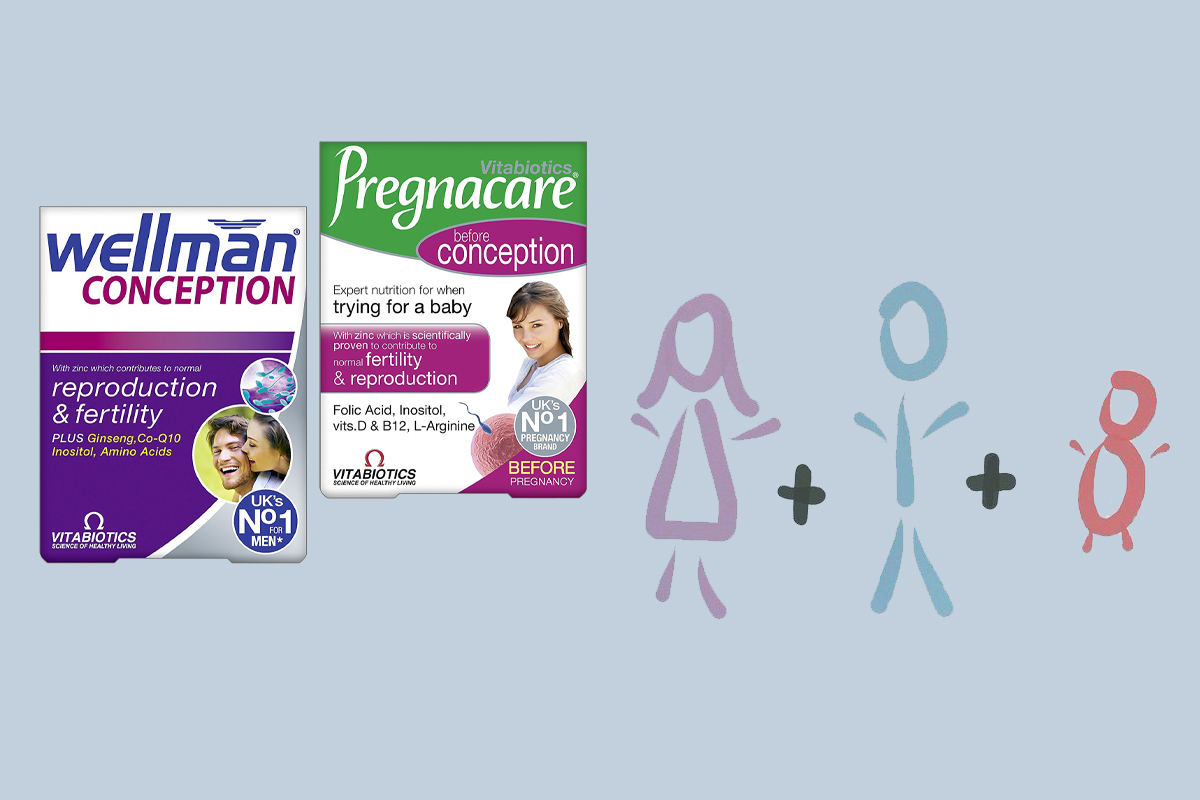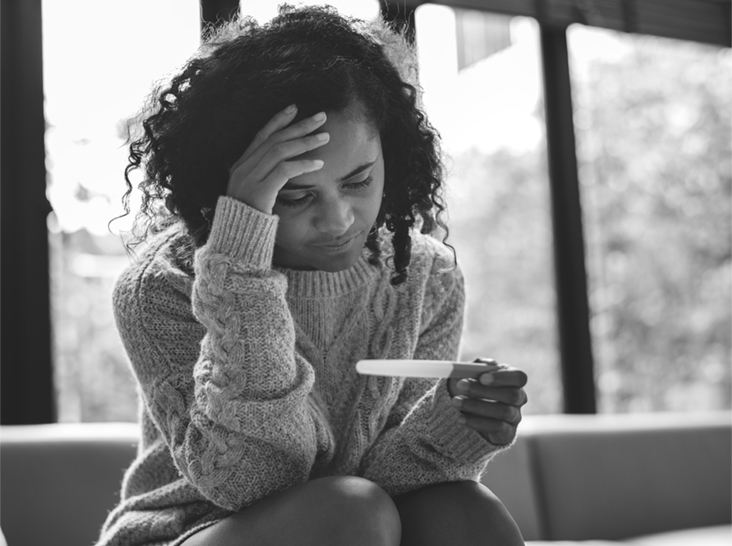So what can actually help to boost fertility when you want to try for a baby? Timing is obviously a very personal thing, but it’s important you prepare your body and adjust your lifestyle to maximize your chances of conception when you decide the time is right.
So what can help to boost fertility and help you get pregnant – naturally? How can you try to boost your fertility? Do you really have to give up the wine? Let’s take a pregnant pause, and look at some top tips that can actually make a difference to help you conceive:
Conception tips – what helps to boost fertility naturally? Make sure you read this list if you’re TTC
Drink lots of water – it sounds simple, but when you’re trying to conceive it is very important to drink lots of water (about 8-10 cups a day). This helps ‘clean out’ your system and also increases fertile-quality cervical fluid Avoid alcohol and caffeine – we don’t mean to spoil your party, but it is a good idea to avoid or strictly limit alcohol intake as this reduces fertility. Department of Health advice is to avoid alcohol completely if trying to conceive or during pregnancy (it acts like a poison, preventing the body from taking in essential minerals and vitamins that are needed for conception). So hold off the wine for now. With any luck, you’ll be off it for the next nine months soon anyway. Caffeine is also thought to restrict the growth of a developing baby by constricting blood vessels and reducing blood flow to the uterus. Current advice is to limit caffeine intake to below 300mg per day, equivalent to 4 cups of instant coffee, 3 cups of fresh coffee or 6 cups of tea Don’t smoke! – women have a 40% lower chance of getting pregnant if they smoke, according to a report published by the British Medical Association (BMA). Smoking decreases sperm count and increases sperm abnormalities in men. Ask your GP or Practice Nurse for help in quitting, or take advantage of Stoptober Get some exercise – women who exercise regularly are less likely to experience the uncomfortable side effects of pregnancy (back pain, piles, swollen ankles etc). A fit healthy body is also more likely to cope better with childbirth, and women who exercise regularly are almost 40% more likely to carry a healthy child to term. Make sure you find a healthy balance though, as excessive amounts of exercise can also lead to fertility problems such as irregular periods and anovulatory cycles (cycles where ovulation does not occur) Don’t stress about it – many people stress about becoming pregnant, and what can happen is once they release that stress, their body reacts to the new peace by finally conceiving. Relaxing is easier said than done though when getting pregnant is the one thing you want more than anything. Do try not to worry though (and enjoy the fun of trying)
Remember that trying to conceive is a numbers game. Even if you do everything ‘right’ and try everything to boost fertility you still only have a 25-30 percent chance of conceiving in any given cycle. Good luck!
Source: http://bit.do/eF5d9
Photo(s) credit: freepik.com

